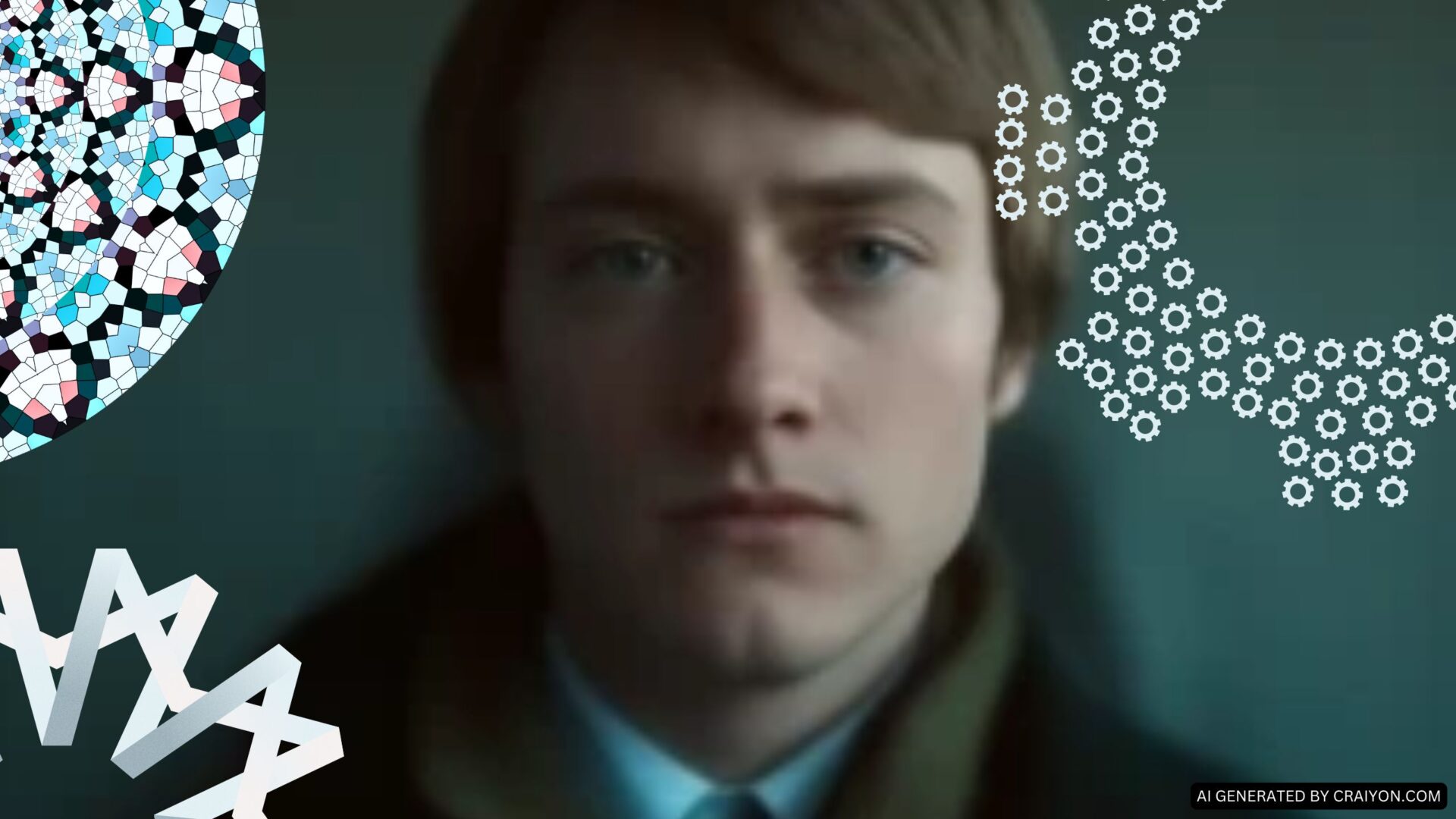Sybil, personality disorder now called dissociative identity disorder, or demonic possession in other words?
Sybil, personality disorder now called dissociative identity disorder, or demonic possession in other words? The Session The room reeked of antiseptic and stale air, a sterile cage bathed in the sickly glow of fluorescent lights. Dr. Wilbur sat behind her desk, a fortress of mahogany cluttered with the detritus of a thousand confessions. Across from … Read more
Continue Reading








